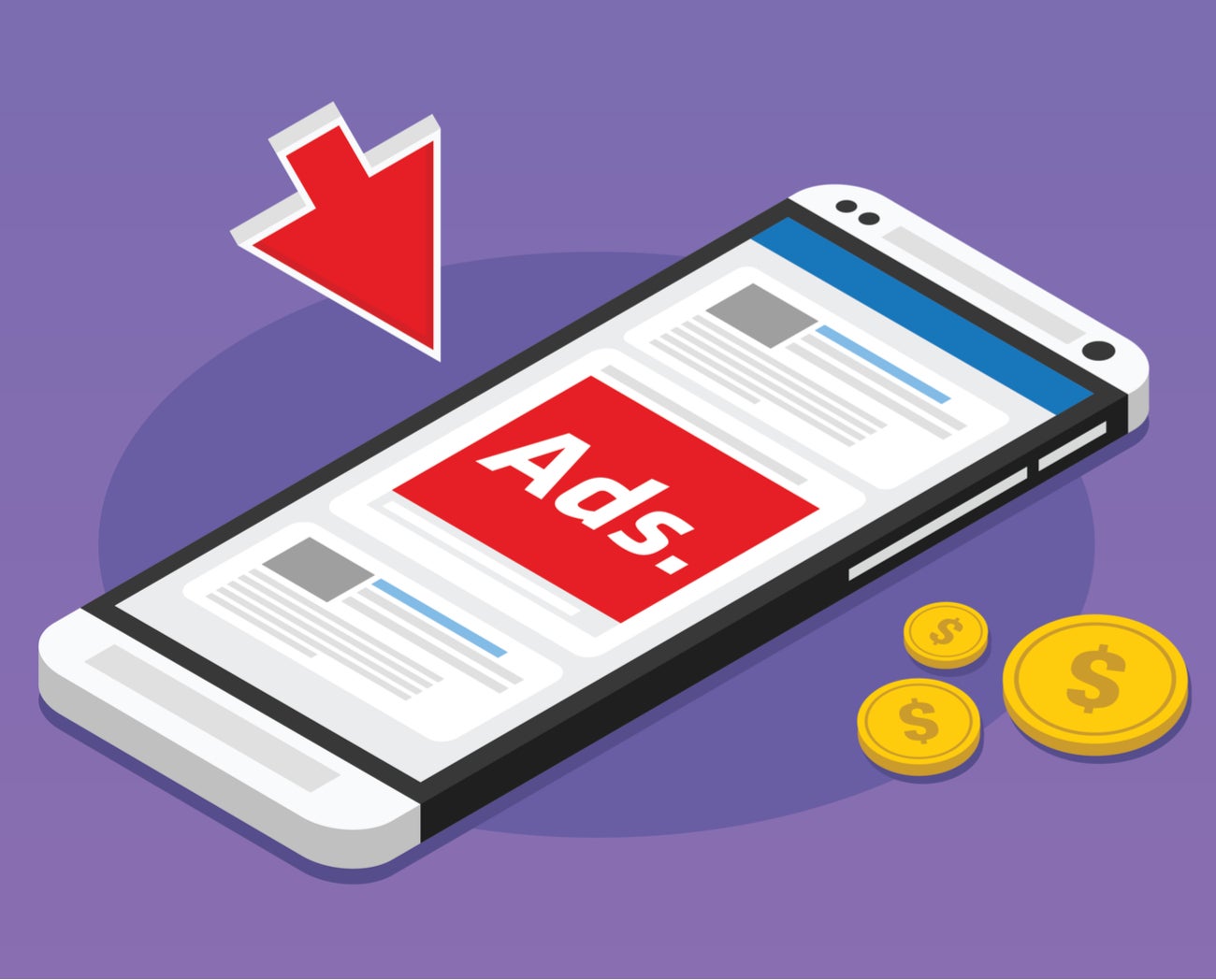
A new browser add-on hopes to convince consumers to turn off their ad blockers and start profiting from use of their own data.
Internet companies like Google and Facebook have made billions through collecting user data. These platforms allow advertisers access to this data to profile and target specific groups with specific products and services. Those searching for things to do in London might be advertisements for hotels in London, for example, while those listening to a certain artist might be shown concert tickets.

Access deeper industry intelligence
Experience unmatched clarity with a single platform that combines unique data, AI, and human expertise.
Spending on digital advertising is expected to climb above $230bn this year. Gener8, a new browser plugin that launched out of beta today, wants to give users a cut of the profits from targeted advertising.
The add-on allows users to pick the types of adverts that they want to see from various categories, such as food and drink, gaming, movies, news and politics, online shopping, sports and travel. The application will then reward them with tokens whenever an advert is viewed. Users will then be able to convert these tokens into currency, which can be deposited into their bank account or donated to charity.
“Our mission is to be amongst the world’s first brands that enable people to control and monetise their data,” says Sam Jones, CEO and founder of Gener8. “We believe we will shake up the advertising industry by putting the consumer first.”
The Gener8 add-on is available now through the Google Chrome and Mozilla Firefox browsers. The company estimates that the average user will generate £20-40 per month by simply browsing the internet.

US Tariffs are shifting - will you react or anticipate?
Don’t let policy changes catch you off guard. Stay proactive with real-time data and expert analysis.
By GlobalDataGener8: Shaking up the digital advertising industry
Jones, previously a part of Red Bull’s global marketing team, recognises that his proposed “shake up” might not immediately appeal to the advertising industry. Yet, he believes that publishers will eventually recognise the benefits of sharing their spoils with their users.
Currently, more than 650 million internet users are using ad blockers to avoid an endless stream of advertisements. According to Statista, that equates to approximately 17% of all users, and that figure continues to grow by approximately 27% year-over-year.
“With 89% of Gener8’s users having previously used ad blockers, Gener8 is, in fact, bringing people back into the advertising eco-system and, as such, benefiting the industry in the long-term,” Jones claims.
By encouraging users to turn off their ad blockers, Gener8 believes the industry could generate as much as $40bn in lost revenue. The company believes that this alone will be enough to convince the industry that giving back to its users would be beneficial.
A year on from the Cambridge Analytica scandal
Gener8’s official launch comes almost a year to the day since news of the Cambridge Analytica scandal broke. It was revealed that data on millions of users had been harvested without their consent and used to profile and target voters ahead of major political votes.
The scandal seemed to prompt an awakening for many internet users, who are becoming increasingly privy to how their data is collected and used by advertisers to target them.
Helped little by the onslaught of data breaches that have hit companies like British Airways, Equifax and Marriott International over the past 12 months, consumers are becoming increasingly less willing to share information online. However, Jones hopes that the offer of reward could help to restore some trust in the industry.
“New data scandals are emerging every week, this is increasing people’s awareness about the value of their data. We believe we can educate people to value their data and reward them and their causes in the process,” he said.
“We are already engaging in conversations about how we intend to work with publishers keen to move to a more user-approved model: when your consumer values your approach and doesn’t feel exploited, you’re more likely to secure their loyalty.”
Read more: Social media regulation and mental health: Is a tax the answer?







